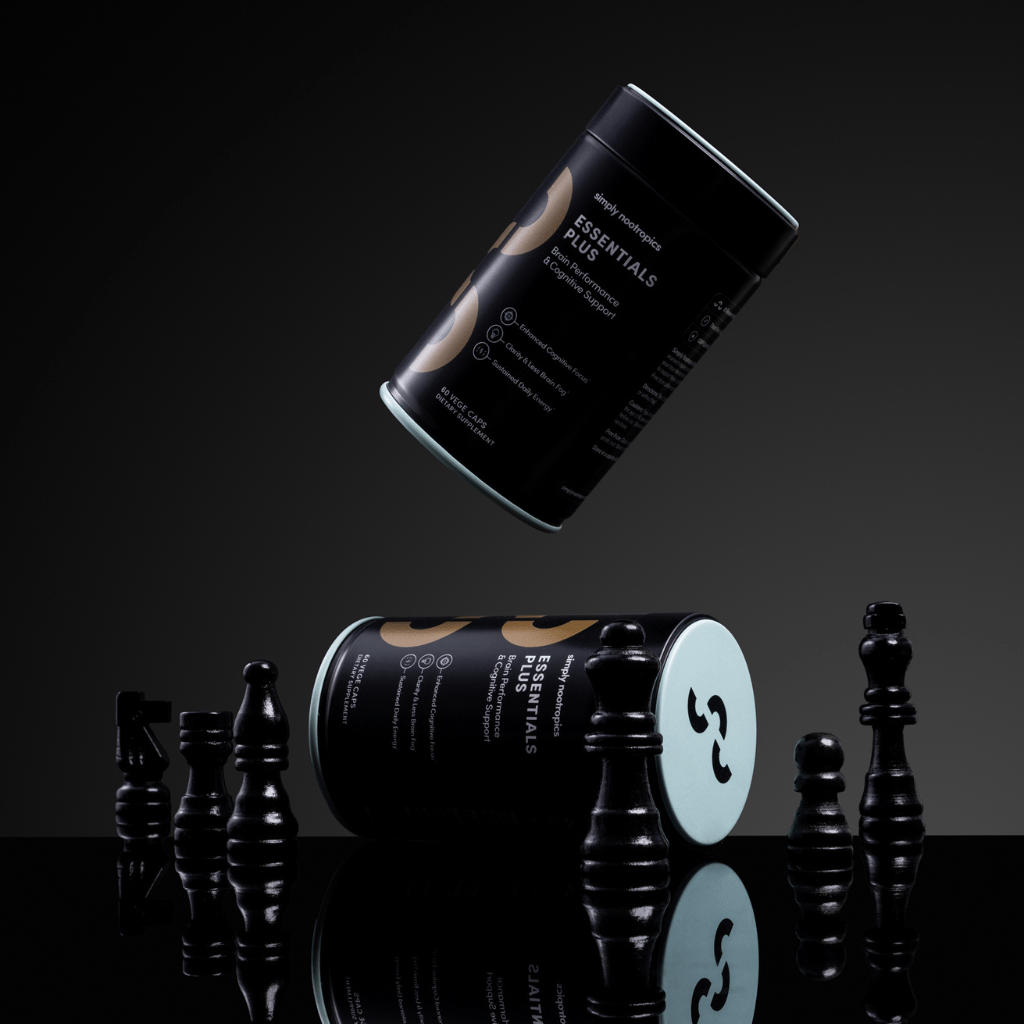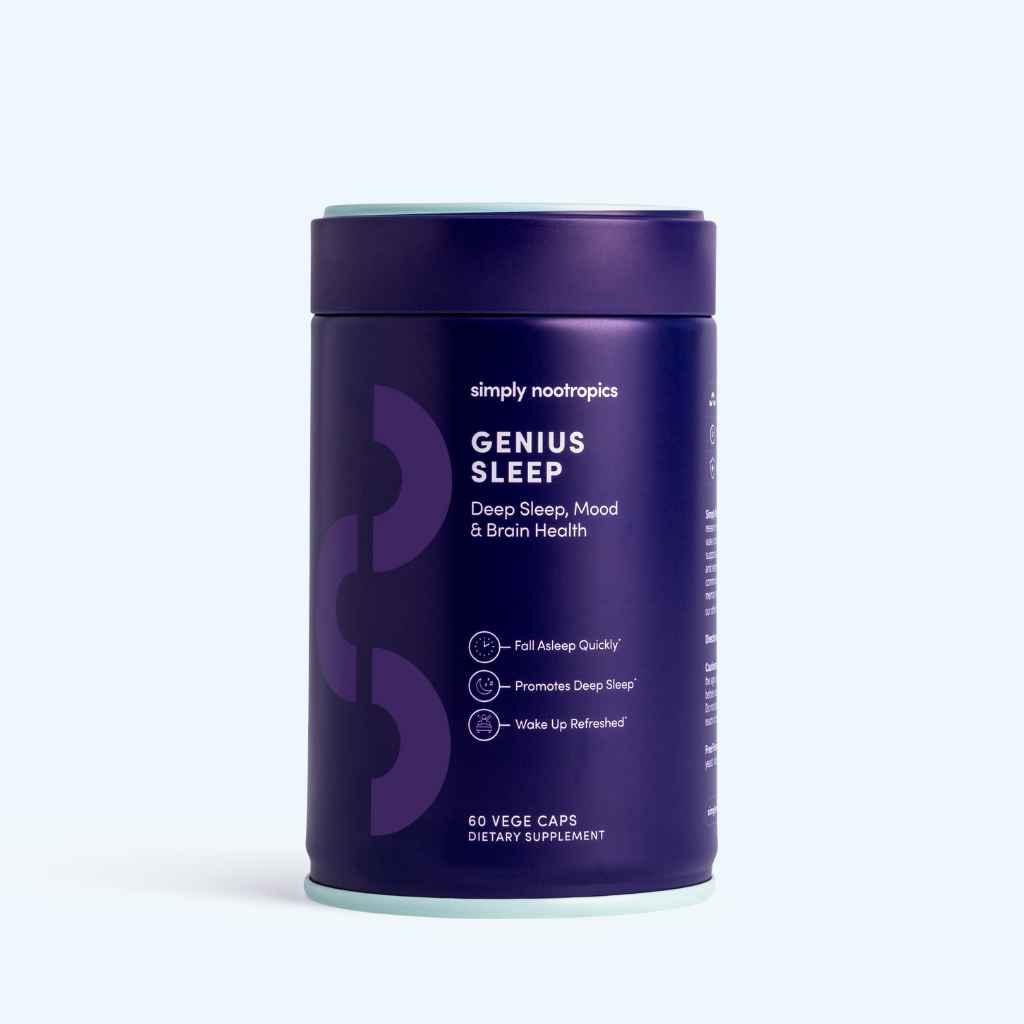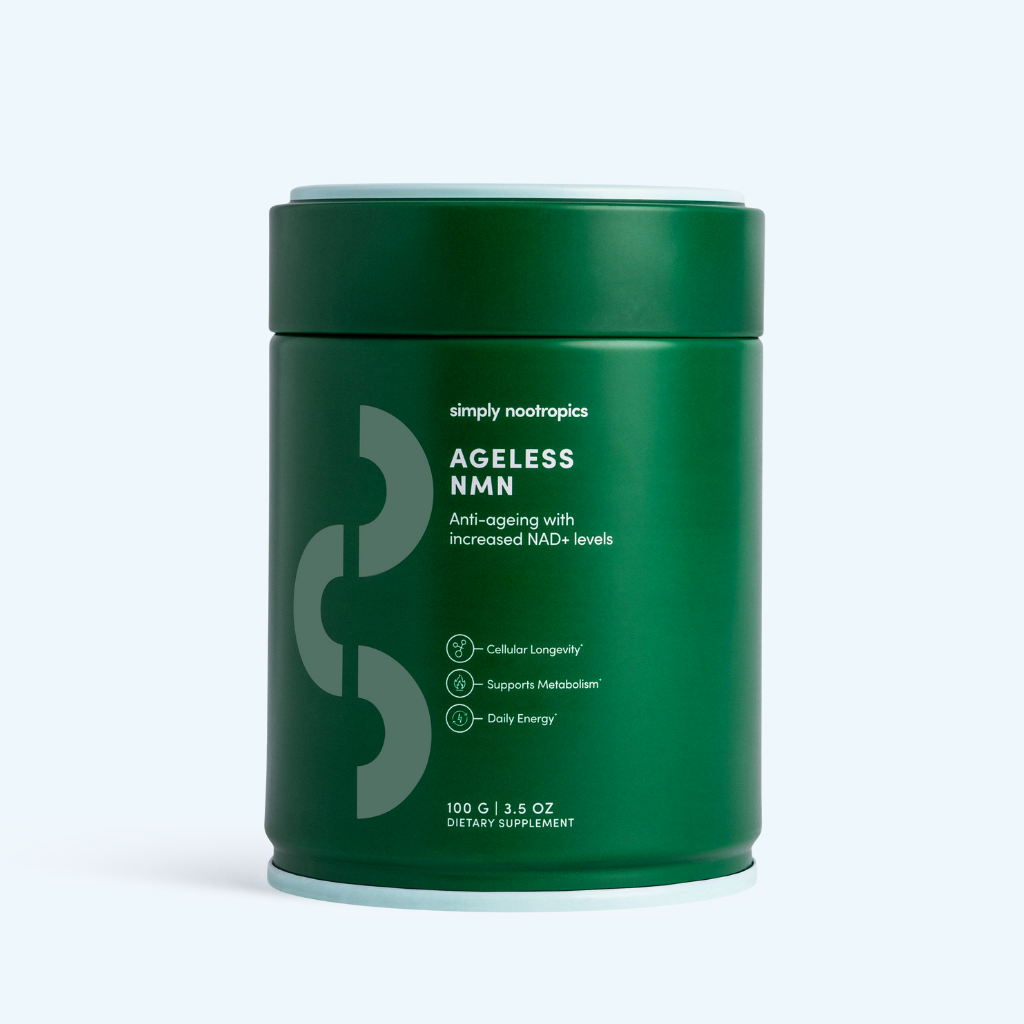We all know that feeling: you sit down excited to work on a project, open up your laptop, and before you know it, two hours have passed and you've accomplished nothing. Or maybe you're in the middle of a task and your attention starts to drift...
Sound familiar?
It's no secret that our attention spans are shorter than ever before. In fact, a recent study found that the average attention span decreased from 12 seconds in 2000 to just 8 seconds in 2015.
Part of this is due to the digital age we live in, where we are hit with constant stimuli. But there are other factors at play.
In our previous post (1 in a series of 3), we looked at some of the neurological and psychological causes behind short attention spans, from ADHD to stress. Now let's take a closer look at 5 of the worst traps that rob us of our focus.
See if you can read to the end uninterrupted. Consider it your first challenge.
1. Multitasking
Multitasking has become a way of life in the modern world. From trying to complete a work project while also catching up on personal emails to watching television while cooking dinner, it seems like we are always trying to do more than one thing at a time. However, new research suggests that this constant multitasking may be taking a toll on our attention spans.
So why does multitasking have such a negative effect on our attention spans? According to experts, our brains are not wired for multitasking and struggle to switch between tasks quickly enough. As a result, we end up feeling scattered and unfocused, which can lead to mistakes and decreased productivity.
Don't believe me? Try this experiment from economist and executive coach Caroline Webb's time management book, How to Have a Nice Day: recite the alphabet, A to Z. Next count from 1 to 26. Easy, right?
But now try doing both at the same time: reciting the alphabet while also counting from 1 to 26, i.e. A, 1, B, 2, C, 3. Time yourself doing it.
See how much harder it is to keep track of both tasks simultaneously. How much longer did it take? I'd estimate 30% longer, but it could be as much as twice as long.
This is because when we try to do two things at once, our brain has to switch back and forth between the tasks, which takes time and energy. Economists know this as the "switch-cost effect".
The Switch-Cost Effect
The switch cost effect is a cognitive phenomenon that occurs when people are interrupted while performing a task. The interruption causes them to incur a "switch cost" - that is, they have to expend additional effort to get back on track. This can lead to errors and decreased productivity. The switch cost effect underpins many of the distractions on this list, so we'll return to it later.

2. Noisy coworkers
If you’ve ever found yourself struggling to focus in a noisy office, you’re not alone. In fact, there’s a scientific explanation for why your coworkers’ chatter is such a cognitive distraction. Studies show the human brain can only handle 1.6 conversations at once—and our own inner monologues already qualify as one of them.
You'll have noticed this 1.6 channel if you've ever drifted while a friend (or partner!) is speaking to you, only to come back to attention when they mention your name. That's because our brain is naturally wired to pay more attention to information that includes our name.
We like to think we can manage multiple channels. But realistically, we can only handle one or two things at once in our conscious minds, according to MIT neuroscientist and psychology professor Earl Miller.
Because we're built to decode conversation, if you're trying to focus on your job while someone is talking right next to you, their discussion will inevitably be translated into words in your head. This can be a major distraction, and it can even lead to errors in your work.
So next time you find yourself struggling to focus while someone is chatting, remember that it’s not just the noise that’s distracting—it’s also the fact that your brain is trying to make sense of the conversation on a subliminal level.
3. Email
Emails are a constant part of our lives, but have you ever stopped to think about why they are such a cognitive distraction? Eric Horvitz, a lead research scientist at Microsoft, found that it takes employees 15 minutes to get back to an optimal state of focus after checking an email. The average office worker receives 121 emails per day, which means we’re spending most of the day just trying to get back to where we were before we checked our inbox.
When you receive an email, your brain is wired to pay attention to it. This is because email is a form of communication, and our brains are hardwired to pay attention to information that could be important.
When you see a new email in your inbox, your brain releases a small amount of dopamine, which is a neurotransmitter associated with pleasure and motivation. This dopamine hit makes it difficult to resist the urge to check the email, even if you know it will take away from what you’re currently working on.
Email also has a switch cost associated with it. Even if the email isn’t particularly stimulating, our brain still has to expend energy to process and understand it. Reading it takes up valuable mental resources that could be better spent on the task at hand. This can lead to errors and decreased productivity. So next time you feel the urge to check your email, remember that it may take a quarter of an hour to get back to where you were before, and you'll have sacrificed being in the zone.
4. Social media, cellphones and other devices
The same cognitive processes that make email a distraction apply to social media and cellphones. Social media is designed to be addictive and grab our attention, and it targets many of the same brain regions as other addictive substances. When we use social media, our brain releases dopamine, which makes us feel good. This positive reinforcement encourages us to keep coming back for more.
Cellphones are also designed to be addictive. They give us a constant stream of information and notifications that we can’t resist checking. This constant incoming stream of information increases our anxiety and makes it difficult to focus on one task (or even a single app).
How many apps do you have open on your phone right now?
The switch cost effect is especially pronounced when the interruption is unexpected or occurs during a time-sensitive task. For example, imagine you're taking a test and you're interrupted by a text message from a friend. You have to stop what you're doing, read the message, and then try to remember where you left off on the test. The switch cost can cause you to slow down, make mistakes, and perform poorly.
According to The Journal of Experimental Psychology: Human Perception and Performance, the buzz of a phone receiving a message breaks our focus almost as badly as if we took a call.
Even if we're not actively using our devices, their mere presence is enough to reduce our attention span. A 2017 study found that people who were asked to perform a cognitive task while their smartphone was in view performed had reduced brainpower on cognitive tasks.
What about people who think they can multitask?
Sadly, it's a misnomer, and they may even have diminished grey matter in their Anterior Cingulate Cortex. According to research from the University of Sussex, people who multitask between their mobile phones, laptops, and devices have smaller brains. Whether switching on a regular basis is the cause of the brain shrinking, or whether people with less gray matter believe they are 'geniuses' at multitasking has yet to be determined, but there is a clear correlation.

Think of that the next time a coworker brags about being a great multitasker! And yes, it gets worse the more we try to multitask - much like when bodybuilders with bad form overwork one muscle group, often causing permanent damage. So don't train your brain to multitask - you'll could end up ruining your attention span for good!
5. Hunger
Imagine that you're in the middle of taking a crucial test when suddenly, your stomach starts growling loudly. You start to feel lightheaded and can't focus on the questions in front of you. This scenario might seem far-fetched, but it's actually a common occurrence. When the body is lacking in nutrients, it can't function properly, and this includes the brain. Studies have shown that poor nutrition can lead to lower test scores, poorer performance, and increased absences from school and work. Not only that, but hunger can also cause distraction and irritability, making it difficult to focus on anything else. So next time you're feeling hungry, remember that it's not just your stomach that's growling - it's your brain too.
There are several ways that poor nutrition can lead to cognitive distraction.
- First, when you're not getting enough of the right nutrients, your body has to work harder to function. This can lead to feelings of fatigue and brain fog, making it difficult to concentrate.
- Second, unhealthy foods can actually increase inflammation in the body, which has been linked to problems with memory and focus.,
- Finally, certain nutrients are essential for maintaining healthy brain function. When you're not getting enough of these nutrients, it can impact your ability to think clearly and make good decisions.
So if you're looking to boost your cognitive performance, be sure to eat a healthy diet that includes plenty of fresh fruits and vegetables, whole grains, lean protein, and healthy fats. By making wise choices, you can help keep your mind sharp and focused.
If you're multitasking because you want to be more productive during waking hours, consider using nootropics to help you focus instead. In addition to other health benefits (like possibly extending your life and reducing stress), some nootropics are cognitive enhancers that can help you improve your attention span, concentration, and memory.
Feed your brain nutrients it needs to stay on task
Simply Nootropics Elevate™ – and our new Essentials™ line – are designed to help you reach optimal cognitive performance. They contain the right nutrients to keep your brain focused, including:
- Bacopa Monnieri (Brahmi)
- Gingko Biloba
- Panax Ginseng
- Rhodiola Rosea
- NMN
- Algal DHA
- Lion's Mane Mushroom
These herbs and compounds help regulate the production of neurochemicals, support healthy blood flow to the brain, and protect brain cells from damage.
Did you make it to the end?
Congratulations! If you read this far, you've made the first step in retraining your attention span. By reading this article, you're already better equipped to avoid the pitfalls that lead to distraction. Now that you can identify the 5 culprits that can destroy your attention span, you can start to manage them better.
This article is the second part of our three-part series on biohacking your attention span. Join us next week when we'll give tips and tricks on keeping your mind sharp and focused. We'll also discuss some of the ways you can rebuild and protect your focus with nootropics.
Until then, stay tuned and be mindful. If you want to get a head start, participate in the Simply Nootropics 21 Day Brain Hacking Challenge.














